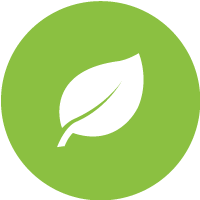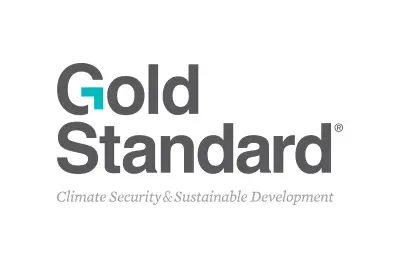This project provides families in Ghana with more efficient cookstoves that utilize less charcoal fuel than traditional “coal pot” stoves. Along with mitigating climate change, the reduction in charcoal production and cooking emissions also lessens exposure to indoor air pollutants and decreases exploitation of Ghana’s forests. The project also stimulates employment opportunities related to manufacturing, retailing, and maintaining the stoves.
The Gyapa Improved Cook-Stoves project in Ghana generates emissions reductions through replacement of traditional inefficient charcoal stoves (locally known as “coal-pots”) with improved stoves. Three sizes of stoves are available for distribution for an average savings of .25 kgs – 3.81 kgs of emissions per day of use through utilization of a heavily insulated combustion chamber fortified by a ceramic liner.
Benefits from implementation of this project increase needed levels of biodiversity in the region through reductions in the amount of wood and charcoal needed during daily activities. Where twenty years ago Ghana was home to 8.2 million hectares or high forest only 1.2 million hectares remain and wood-fuel consumption exceeds forest growth is responsible for 80% of domestic energy consumption.
With each stove distributed mothers and children will be exposed to fewer hazardous air pollutants through reduced emissions of carbon monoxide and fine particulate matter. Air pollution from traditional methods has been shown a key risk factor for childhood pneumonia as well as many other respiratory, cardiovascular, and ocular diseases. As social and economic drivers, the improved stoves give rise to employment opportunities for enterprises, manufacturing, distributing, retailing, and maintaining the stoves.

Environmental Benefits
- Fights climate change by reducing emissions from charcoal production and cooking
- Reduces pressure on forest resources by reducing charcoal needs

Community Benefits
- Lessens the risk of disease by improving indoor air quality
- Stimulates local employment opportunities and trains people on the necessary skills to fill these roles
- Reduces fuel costs for families
Project Type

Energy
Location
Annual CO2 Reduction
165,159 metric tons CO2e
SDGs Supported
Verification Standard
Project Developers
EnterpriseWorks/VITA-Ghana
Project Documents
Offset your Travel Footprint
Calculate and offset the carbon footprint of your flight in seconds via our online carbon calculator! Already know your carbon footprint? Click the option to “offset now.”








